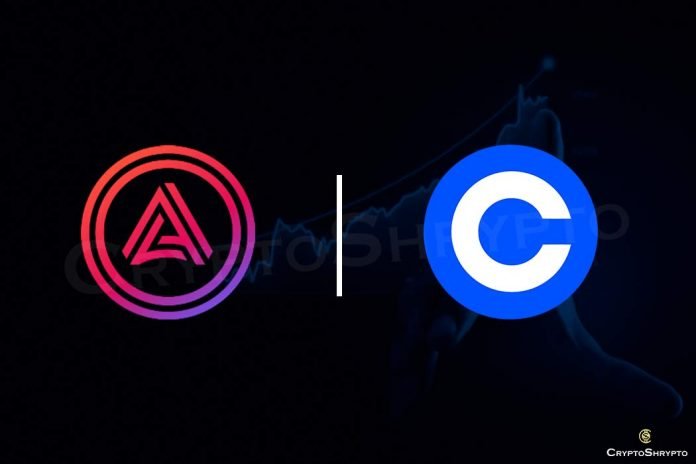Coinbase Cloud, a Web 3 and blockchain infrastructure provider, has announced a new collaboration with Acala Foundation, Polkadot’s DeFi hub, by introducing KSM liquid staking to Karura first. The Kusuma network’s native token, KSM, is a public pre-production environment for Polkadot.
Liquid stacking, allows asset delegators to keep their funds while staking their tokens. Unlike traditional staking in proof-of-stake networks. By this Validators can use their staked assets in other applications, potentially unlocking further value through DeFi operations.
Coinbase Cloud is “powering allowlisted validators that receive delegations from the community,” according to the official blog post. Users on Karura, which allows users to stake KSM for LKSM, are not bound by an unbonding time – which in the Polkadot network typically ranges from 7 to 28 days – and can, for example, deposit their LKSMs on Terra’s Anchor protocol to earn yields.
The recent advancement has come on the Coinbase Cloud, which has worked on Polkadot and Kusama since their early testnets and provided web3 builders infrastructure solutions for Substrate, a Polkadot-based framework for constructing customised blockchains.
Users on Karura can also stake their DOTs to earn L-Tokens (LDOT), which are tradeable in the Polkadot ecosystem and redeemable for the underlying assets. In addition, validators will be able to mint a USD, the native stablecoin of the Polkadot and Kusama ecosystem. Through liquid staking on the protocol.
Despite the benefits of liquid staking, validators are still at risk of losing a percentage of their tokens if they are sliced, according to Coinbase Cloud.
Read more:
Coinbase improves internal policies to prevent insider trading




